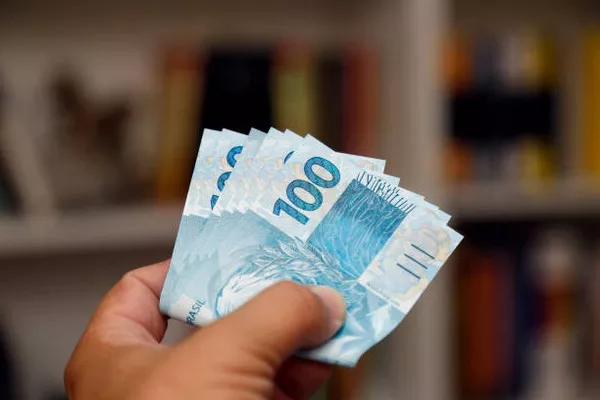For travelers venturing into the vibrant landscapes of Brazil, understanding the nuances of currency usage is essential for a seamless experience. Brazil, known for its rich cultural diversity and stunning natural beauty, operates primarily with its official currency, the Brazilian Real (BRL). However, the question often arises: Can one use US Dollars (USD) in Brazil? In this article, we explore the dynamics of currency transactions in Brazil and provide insights into how travelers can manage their finances effectively.
The Brazilian Real (BRL):
The official currency of Brazil, the Brazilian Real, has been the legal tender since its introduction in 1994. Denoted by the symbol “R$” or simply “BRL,” the real is widely accepted across the country, from bustling urban centers to remote rural areas. While the US Dollar is a global currency, Brazil’s economy and financial systems primarily rely on the real for day-to-day transactions.
Using USD in Brazil:
While the Brazilian Real is the official currency, some establishments in tourist-heavy areas may accept US Dollars, particularly in larger cities, upscale hotels, and major tourist attractions. However, relying solely on USD for transactions can pose challenges. The exchange rate offered in such places might not be favorable, and it’s crucial to be aware of potential additional fees.
Currency Exchange:
To optimize financial transactions during your stay in Brazil, it’s advisable to exchange your US Dollars for Brazilian Reais at official currency exchange offices or banks. These establishments typically offer more competitive exchange rates compared to businesses catering specifically to tourists. Additionally, withdrawing local currency from ATMs is a convenient option, provided you use reputable machines associated with major banks.
Understanding Exchange Rates:
Exchange rates fluctuate based on various factors, including economic conditions, geopolitical events, and market sentiment. Before your trip, keep an eye on the current exchange rates and consider converting a portion of your funds in advance. This proactive approach allows you to familiarize yourself with the local currency and plan your budget accordingly.
Credit and Debit Cards:
Credit and debit cards are widely accepted in urban areas and popular tourist destinations across Brazil. Most establishments, including restaurants, hotels, and retail outlets, readily accept major international cards such as Visa and Mastercard. However, it’s advisable to inform your bank about your travel plans to avoid any potential issues with card transactions.
While card usage is convenient, it’s essential to be cautious of additional fees, including foreign transaction fees and currency conversion fees. Some financial institutions may charge a percentage of the transaction amount, making it crucial to compare and choose cards with favorable terms for international use.
Traveler’s Checks:
While traveler’s checks were once a popular choice for international travel, their usage has significantly declined in recent years. In Brazil, finding establishments that accept traveler’s checks may be challenging, and cash or card transactions are generally more practical. It’s recommended to rely on a combination of cash and cards for financial flexibility during your trip.
See Also What Is Brazilian Dollar?All You Need to Know
Conclusion:
In conclusion, while it’s possible to use US Dollars in Brazil, relying solely on USD can lead to less favorable exchange rates and additional fees. The Brazilian Real is the official currency, and converting your dollars to reais through reputable currency exchange offices or ATMs is the preferred method for financial transactions. Familiarizing yourself with the local currency, understanding exchange rates, and using a combination of cash and cards will contribute to a smoother and more cost-effective experience during your time in Brazil. By adopting these strategies, travelers can navigate the intricacies of currency transactions and focus on enjoying the diverse and enchanting offerings of this South American gem.


